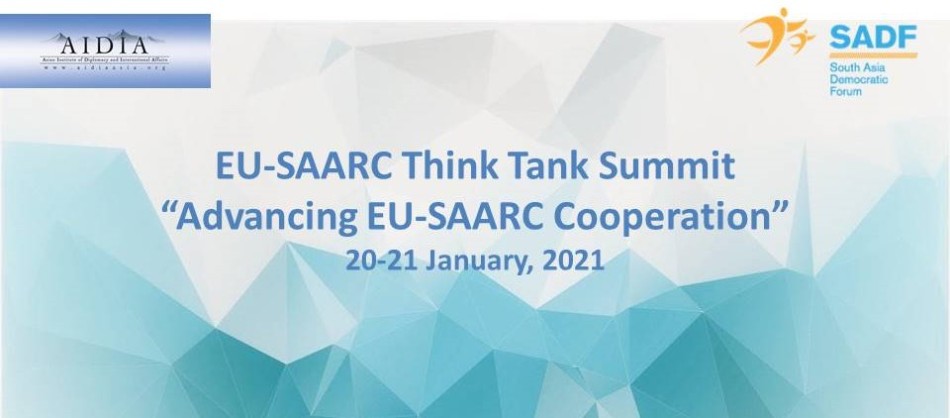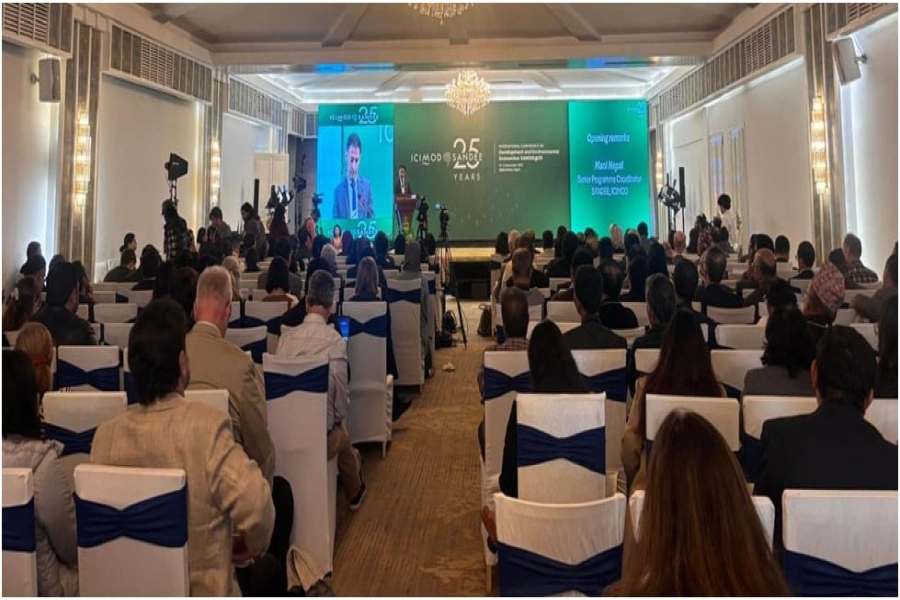KATHMANDU, March 15: Challenges to ecosystems and ways to overcome such challenges was discussed at a regional symposium held in Kathmandu on March 13 and 14. It was organized jointly by the Ministry of Forests and Environment, the International Centre for Integrated Mountain Development (ICIMOD), the UK's Ecosystem Services for Poverty Alleviation (ESPA) program and UN's Program on Reducing Emissions from Deforestation and Forest Degradation.
The event brought together 80 researchers from South Asia and around the globe to discuss effective approaches to ecosystem services governance for poverty alleviation.
The dependence of the world's poorest people on the environment and their contribution to its stewardship are often 'hidden' in public debates and decision-making processes, ICIMOD representatives said.
Environment Minister Dr Mahato calls for nature-based solutions...

Yubak Dhoj GC, secretary of the Ministry of Forests and Environment, said that the forum was a 'collective response to the common threat to ecosystems -- the forests, wetlands, and agriculture areas.'
ICIMOD's Director of Strategic Cooperation Basanta Shrestha said, "We need to be able to understand current challenges to ecosystems in order to work toward effective and innovative solutions on the ground, many of which are transboundary in nature. We also need to bring research findings and knowledge into action, and upscale them as development efforts."
ESPA's Director Kate Schreckenberg called for better social and ecological assessments of decision-making over natural resources, "to paint a clear picture of who benefits and who bears the costs of environmental decisions."
The symposium focused on interlinkages among ecosystems, poverty, and wellbeing; governance, policy, and institutions; complexity and social change; valuation of ecosystem services; rewarding environmental stewardship; and achieving development impact through research. Participants also identified key insights and practical tools for managing the complex interactions between changing ecosystems and human migration.
The organizers dedicated the two-day event in honor of the individuals who lost their lives on US-Bangla plane crash on Monday. Two of the deceased were employed at the National Planning Commission of Bangladesh, and on their way to participate in the symposium.





































